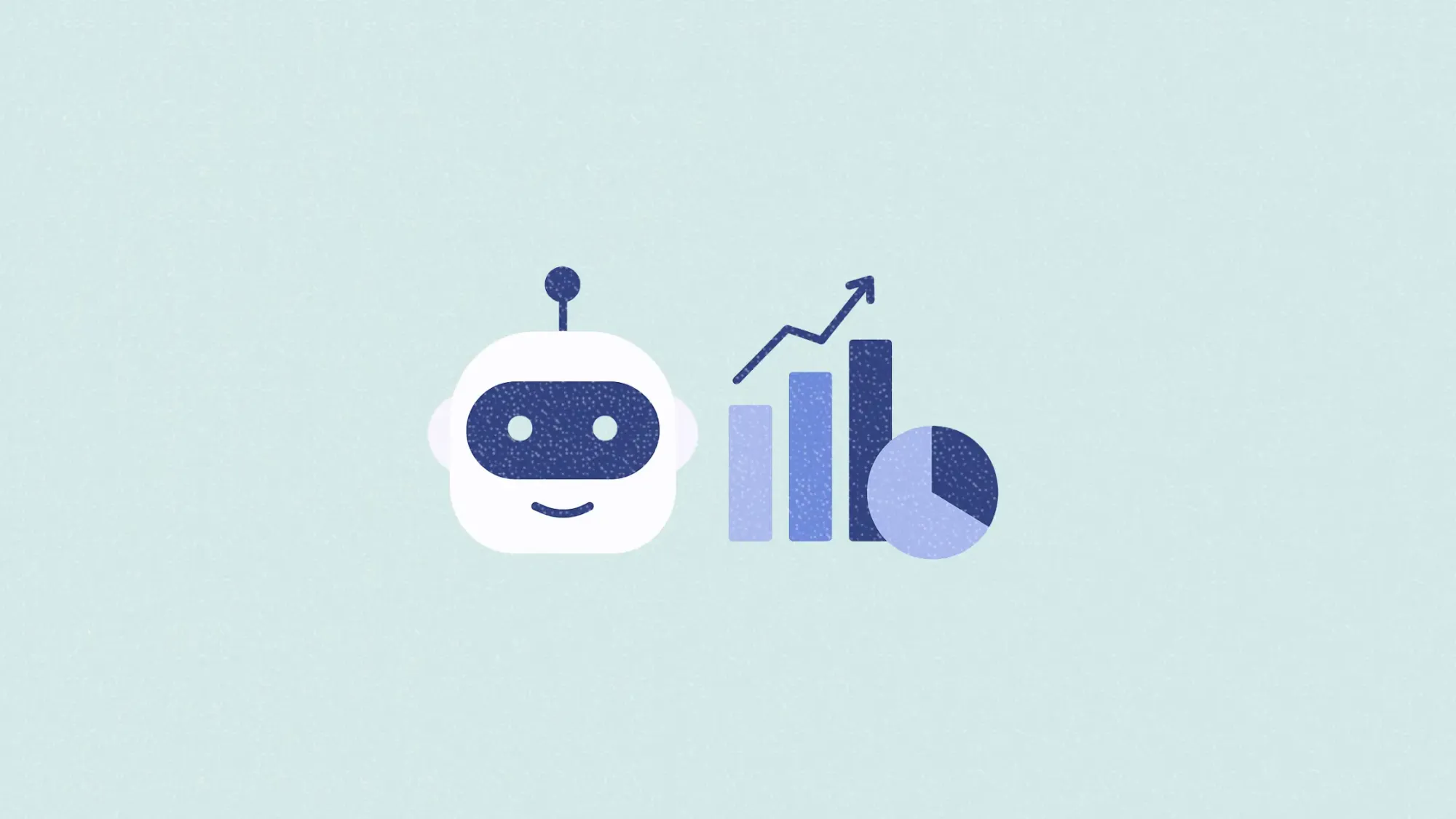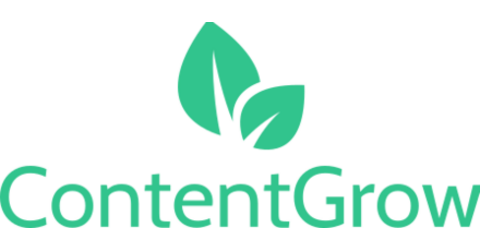Trends and data: 50+ new and powerful marketing statistics
We’ve compiled an extensive list of recent marketing statistics to help practitioners win in 2025 and beyond

To help you stay ahead, we've compiled over 50 powerful AI marketing statistics that reveal how brands, marketers, and consumers are adapting.
Use this AI marketing data to benchmark your strategy, uncover trends, and identify growth opportunities.
The future of AI in marketing 2025: trends, tools and strategies:
- The global AI in marketing market is projected to reach US$47.32 billion in 2025, up from US$12.05 billion in 2020, reflecting a CAGR of 36.6%.
- 88% of marketers report the use of AI in their daily operations as of 2025.
- 83% of marketers who use AI report increased efficiency of nearly 50% saving 1–5 hours weekly.
- 84% of marketers who use AI also say it speeds up high-quality content delivery.
- AI-powered personalization engines have led to a 35% increase in purchase frequency and a 21% boost in average order value.
- AI-driven analytics have been shown to improve decision-making speed by 78%.
- AI-driven predictive analytics increase forecasting accuracy by 47%, leading to smarter budget allocation and campaign planning.
- Around 40% of marketers cite data privacy concerns as the top barrier to adopting AI tools.
- Around 59.8% of marketers worry that AI may replace their roles—up sharply from 35.6% in 2023.
Exploring the impact of AI on marketing careers: threats and opportunities:
- Nearly four in five employers now prioritize hiring AI‐skilled talent.
- 75% of employers report difficulty finding the necessary AI talent.
- 92% of employers expect their organizations to be driven by AI technologies by 2028.
AI and social ads to dominate B2B budgets in 2025: what marketers should do next:
- 60% of U.S. B2B marketers plan to increase their investments in AI tools and social media advertising in 2025.
- IBM used AI to cut HR support staff from 800 to 60.
- Klarna saved US$10 million annually by replacing agency-driven content creation with generative AI.
- 80% of B2B marketers say AI has improved personalization.
- Lenovo’s use of AI for predictive lead scoring led to 30% more demo sign-ups, proving that smart targeting pays off.
- McKinsey reports that B2B companies using AI see a 30% increase in marketing ROI.
Google’s search dominance is cracking: what marketers should watch:
- Google’s global search market share has fallen below 90% (for six of the last seven months), a milestone not seen since 2015.
What is generative engine optimization (GEO)? Why marketers can’t ignore it now:
- As of May 2025, ChatGPT pulls in over 122 million daily users.
- Over 13 million U.S. internet users now rely on generative AI for daily search, with projections topping 90 million by 2027.
- U.S. retail sites saw a 1,300% surge in AI-generated search referrals during the 2024 holiday season.
- 80% of consumers use AI-generated content for at least 40% of their search queries, leading to an estimated 25% drop in organic traffic for some categories.
- New research shows up to a 19.98% decline in click-through rates for non-branded keywords as AI summaries crowd out organic listings.
What’s next for marketers in 2025? AI trust, privacy pivots, and the rise of gamevertising:
- 65% of consumers trust brands more when they disclose AI usage.
- Browser Brave now boasts 82.7 million monthly active users.
How Gen Z feels about AI-generated content:
- 55% of Gen Z (ages 16–24) prefer human-written articles, finding them more engaging than AI-generated alternatives.
- 70% of Gen Z report using generative AI tools, yet only 52% trust these tools to help them make informed decisions.
- 74% of Gen Z internet users use TikTok for search, and 51% actually prefer it over traditional search engines like Google.
The impact of artificial intelligence on content marketing strategies:
- 75% of content marketers have already incorporated AI tools into their strategies.
- 10% of content marketers remain hesitant about integrating AI, and another 10% are still resisting AI adoption.
- 51% of marketers use AI for topic brainstorming.
- 45% of marketers use AI for content and keyword research.
- 45% of marketers use AI for drafting content.
- 58% of marketing experts say generative AI helps them produce better content faster.
Claude vs ChatGPT vs Gemini: picking the best AI for marketers:
- ChatGPT has over 400 million weekly users.
- BBVA deployed 3,300 ChatGPT Enterprise licenses, and 80% of employees reported time savings.
- Google’s Gemini AI is built into over 1 billion Google Search interactions.
- Verizon saw nearly a 40% sales increase after deploying a Gemini-based AI assistant.
- The new DeepSeek AI model achieved 92.1% NLP accuracy and a 120% year-over-year increase in enterprise adoption.
- Perplexity AI has 15 million monthly users, with an average session time of over 9 minutes.
- Anthropic’s Claude AI serves 18.9 million monthly users.
- xAI’s Grok model has about 550 million monthly active users.
How AI marketing tools can help your business grow:
- 95% of companies now integrate AI-powered predictive analytics into their marketing strategy.
- More than four in five (80%+) marketing executives report difficulty making data-driven decisions, despite having ample consumer data (highlighting challenges in fully adopting AI analytics).
Top 50 AI tools for marketing: updated list for 2025 and beyond:
- The global AI market is projected to reach US$1.3 trillion by 2030.
- 69.1% of marketers have already integrated AI into their operations.
- 55% of marketers have seen their bottom line grow thanks to AI.
- 30% of marketers are now sending more personalized emails by leveraging AI.
- 54% of organizations report cost savings and efficiency gains due to AI.
- 32% of marketers worldwide use AI in conjunction with marketing automation for paid advertising and personalization.
- 15% of U.S. B2B marketers say AI chatbots have increased their lead generation by over 30%.
8 essential AI tools every marketer should use in 2024:
- 80% of marketers predict AI will be the industry’s game-changer within the next five years.
- 75% of marketers have incorporated AI into their strategies (by 2024).
- 40% of marketers now use AI to craft content that resonates more deeply with target audiences.
Generative AI is taking over the digital buying journey — and marketers need to keep up:
- AI-driven web referrals in the U.S. grew over 10x between July 2024 and February 2025.
- 36% of generative AI users now prefer AI platforms over traditional search engines.
- 25% of generative AI users utilize AI for shopping and price comparisons.
- 18% of generative AI users rely on AI for product recommendations.
- AI usage among Baby Boomers jumped 63% in five months (late 2024 to early 2025).
- AI-driven visits to retail websites have exploded – up 12x since July 2024.
- AI-referred retail traffic has a 23% lower bounce rate than traditional traffic.
- AI-driven retail visitors spend 41% longer on site than regular visitors.
- AI-driven retail visits generate 12% more page views per session.
- The conversion gap for AI-driven traffic is closing – AI visitors went from 43% less likely to convert (July 2024) to just 9% less likely by Feb 2025.
- 86% of AI-assisted shopping traffic comes from desktop devices (versus 34% of overall traffic).
- Traffic to travel websites from AI referrals has grown 17x since July 2024.
- AI-referred travel site visits generate 80% higher revenue per visit.
- AI-referred travel visits have a 45% lower bounce rate.
- 54% of consumers use AI for travel destination research.
- 41% of consumers use AI for travel transport planning.
- 20% of consumers use AI to help create packing lists for trips.
- AI-driven banking site visits grew 12x, and these visits were 23% more likely to result in a banking application by early 2025.
- 35% of Gen Z and 34% of Millennials report using AI for financial decision-making.
- 49% of consumers trust AI-driven advice without any external validation.
The numbers don’t lie—AI in marketing is changing the game in 2025. These AI marketing statistics highlight how teams are using AI to save time, create better content, improve personalization, and boost ROI.
While challenges like data privacy and trust remain, the shift is already happening. If you’re still on the fence, now’s the time to explore how AI marketing tools and strategies can help you stay competitive in a fast-moving digital world.



